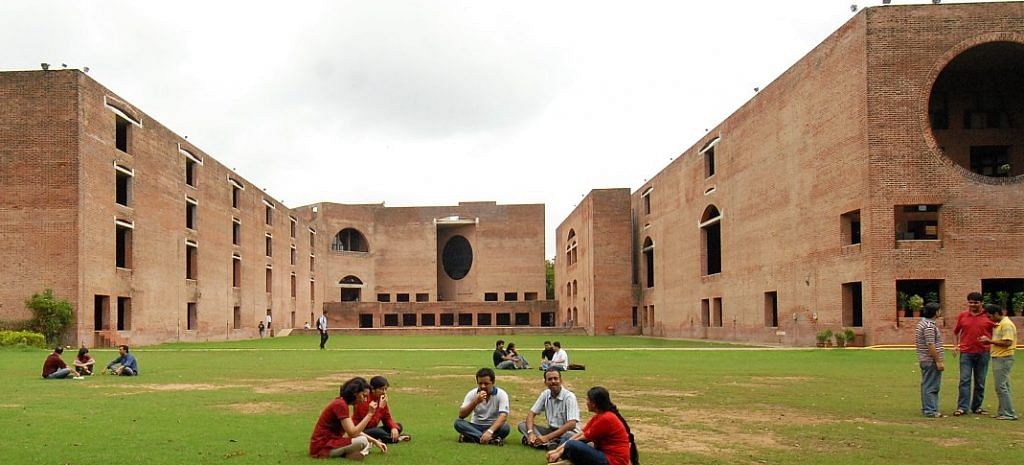In first-ever policy meant to boost job prospect, the government also wants campus placements to be mandatory for all technical institutes.
New Delhi: Students of engineering, architecture and other technical disciplines will now be taught how to dress and talk well to boost their chances of bagging a fancy job.
This training will be a part of the new ‘Internship and Placement’ policy formulated by the All India Council for Technical Education (AICTE), which was recently approved by the Union Ministry of Human Resource Development.
Technical graduates from India have often courted criticism for being unemployable.
“The policy has been formulated after a lot of deliberation with industry and academic experts,” said a senior AICTE official.
“According to the feedback we received from companies… students do not dress well or present themselves well, which is why we have decided to lay special emphasis on personality development and communication training of students,” the official added.
Various studies have pointed out that a large chunk of engineering and management graduates in India are unemployable or unfit for recruitment immediately out of college.
For example, one such study, conducted in 2016 by New Delhi-based employment solutions company Aspiring Minds, flagged the lack of soft skills, including effective communication, as a major detriment to an otherwise brilliant IT student’s job prospects.
Especially in management and engineering, the proliferation of multiple colleges of sub-par quality has produced a deluge of graduates ineligible for jobs in the fields.
Also read: Modi govt wants IIMs, AMU and Jamia to train and modernise madrasa teachers
A first
The Internship & Placement policy is the first devised by the government to improve job prospects.
Under it, the Centre wants to make sure that graduates of premier colleges like the Indian Institutes of Technology (IITs) and the Indian Institutes of Management (IIMs) are not the only ones who ace recruitment exercises.
It is intended to ensure that engineering and management students of all institutes, as well as those pursuing other technical courses like pharmacy and architecture, are equally equipped to master job interviews conducted by corporate and international firms right after college.
Among other things, the policy will make it mandatory for institutes to provide internship and placement opportunities for students, obligating colleges and universities to earmark one per cent of their budget for this.
Institutions will also need to have a dedicated placement cell with student and faculty representatives who will be tasked with getting in touch with different companies and convincing them to conduct campus placements.
While the IITs, IIMs and National Institutes of Technology (NITs) have dedicated placement cells, many government and private colleges have allowed theirs to fall inactive.
In the second semester of their respective course, students will have to mandatorily take up an internship of four to six weeks during their summer break, for which they will get credit points. They will also be expected to maintain a diary to record their experience during the internship, and note down whatever they learn.
The AICTE is also looking to lay down some rules for the hiring companies, the official quoted above said.
Companies that take in students for internships will have to give them an appointment letter and offer them similar health and other benefits as regular employees.
An inspection cell from the AICTE will conduct periodical inspections at the companies to ensure as much, and submit reports on each visit to the council.
With the new policy, the AICTE also hopes to help highlight and generate jobs by scouring villages, towns and metros for potential work opportunities, for example, whether a company is looking for employees or if there is a project that needs to be taken up.
